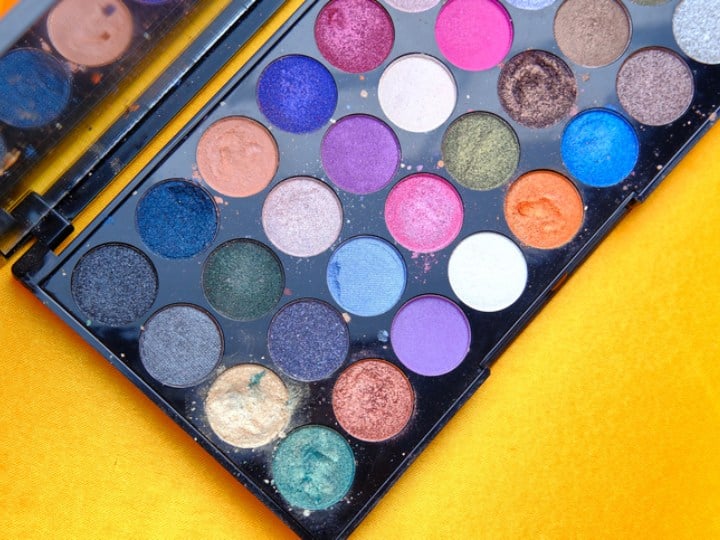Comply with European Regulation 2023/1545 for fragrance allergens in cosmetics - Leverage our unique screening testing for 58 chemically defined allergens via a robust and sensitive GC-MSMS method.
Fragrance allergen screening testing for cosmetics products helps to identify and quantify substances identified as common fragrance allergens. Fragrance ingredients can potentially cause allergic contact dermatitis, pigmented cosmetic dermatitis, and photosensitivity. To mitigate the risk of cosmetic allergy agents, manufacturers are obliged to provide appropriate cosmetic label data with a fragrance allergen list to help ensure that consumers are provided with appropriate allergen ingredient information.
The new EU fragrance allergen list (Commission Regulation (EU) 2023/1545)
The new Regulation (EU) No. 2023/1545 on cosmetic allergens brings significant changes to the cosmetics industry. Before the 26 of June 2023, 24 of these substances were listed in Annex III of Regulation (EC) No. 1223/2009 however concerns for consumer safety were raised by industry stakeholders including the Scientific Committee on Consumer Safety (SCCS) related to the multiple potential allergens not included in the labelling requirement.
To address this risk, Regulation (EU) No. 2023/1545 amends Annex III of Regulation (EC) No. 1223/2009 has led to 56 new allergenic fragrance substances that must be declared on the labels when present in the product. This requirement applies when the concentration of these substances exceeds 0.001% for rinse-off products and 0.01% for leave-on products.
Regulation 2023/1545 confirms the transition period mentioned in the draft Regulation we are already familiar with. Beauty brands must adapt their labels to the new requirements within specified timelines:
For new cosmetic products entering the EU market, this adjustment must be completed within 3 years, ending on July 31, 2026. For cosmetic products already present on the EU market, the deadline for compliance is extended to 5 years, concluding on July 31, 2028.
These regulatory changes aim to enhance transparency in cosmetic products and protect consumer health by identifying and disclosing potential allergenic substances present in these products. Industry companies must pay close attention to these amendments and take the necessary steps to comply with the new requirements within the specified deadlines. Ensuring compliance with this regulation is essential for continued operations in the cosmetics market in 2023 and beyond.
Resource | White Paper Download: A NEW METHOD FOR THE DETERMINATION OF 58 ALLERGENS IN COSMETIC PRODUCTS. For more information about the current EU list of 82 allergens, download our white paper now.
Fragrance allergen screening testing to support cosmetic safety assessment
Accurate determination of the levels of these allergens in cosmetics by laboratory testing is essential to inform suitable labelling for consumers, however, this analysis is highly challenging for these complex sample types. Our scientists have developed a gas chromatography-mass spectrometry/mass spectrometry (GC-MS/MS) using Multiple Reaction Monitoring (MRM) to identify and quantify 57 volatile compounds which are suspected to be allergens in fragrances and raw materials used in cosmetic products. In comparison to conventional GC-MS methods, it is efficient to run and avoids the risk of false positives which might occur when the presence of other substances in the samples gives rise to “matrix effects” during testing. The method is fit-for-purpose over a wide range of concentration levels and accuracy can be demonstrated to ensure confidence in the results.
With over 15 years of experience in developing cosmetic analytical testing methods to meet the regulatory demands of the personal care product industry, our scientists based at our Centre of Excellence for Cosmetic Testing, LaCoMed, use this method which is optimised for specificity, efficiency, and accuracy, to generate robust data, helping clients to meet regulatory requirements whilst driving a greater understanding of raw materials and ensure safer products.
Intertek provides development and manufacturing support services for the global cosmetics industry, helping clients to overcome quality, safety, purity, and innovation challenges through comprehensive analysis, clinical research, regulatory consultancy, auditing, and supply chain management solutions.

